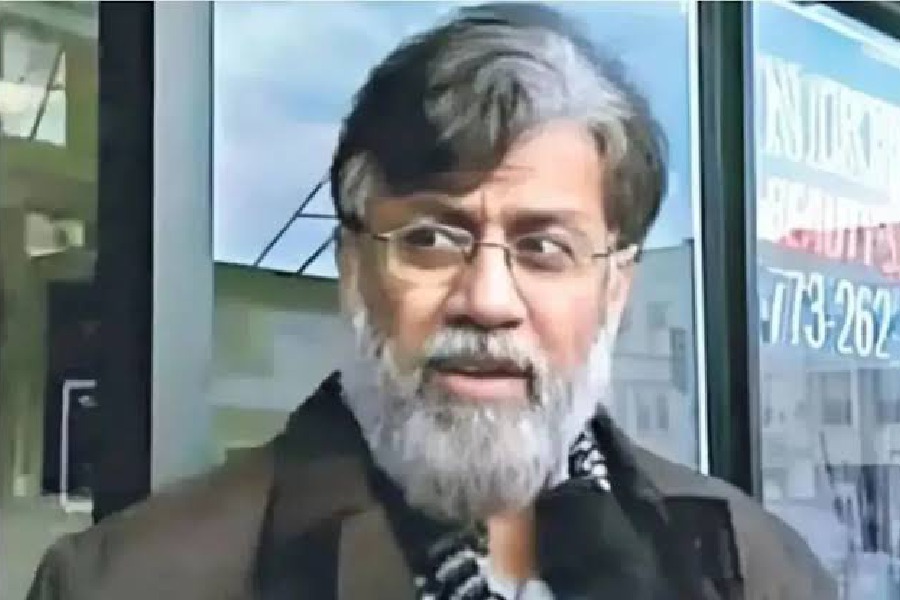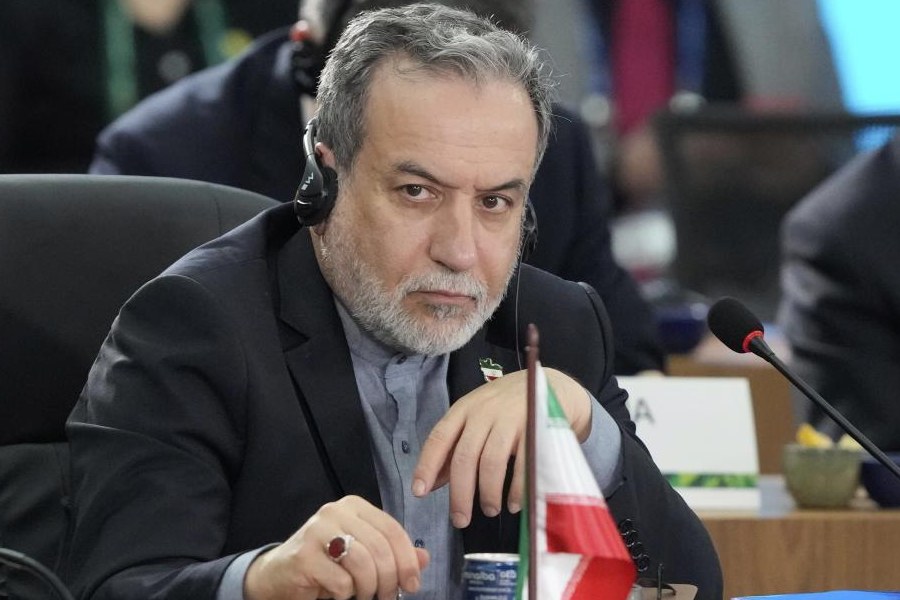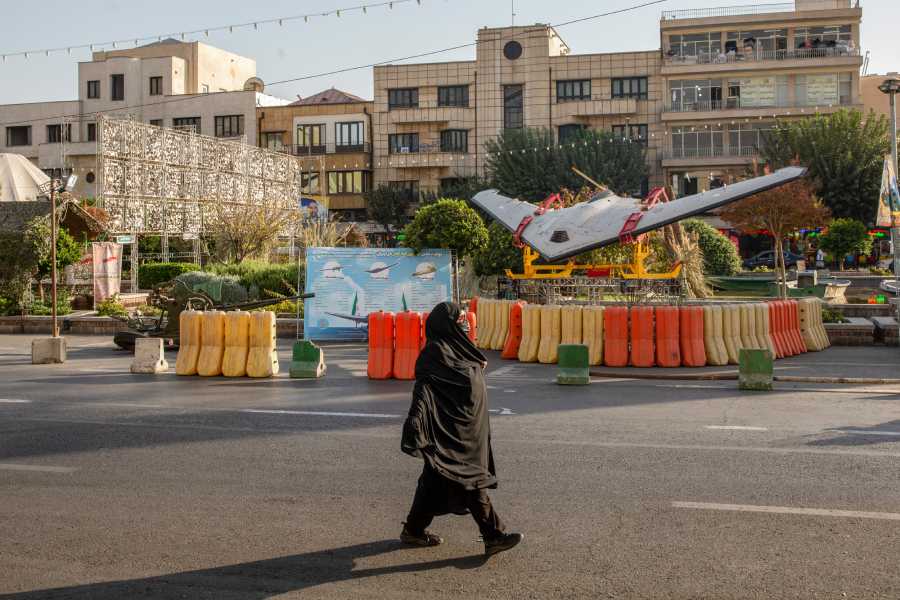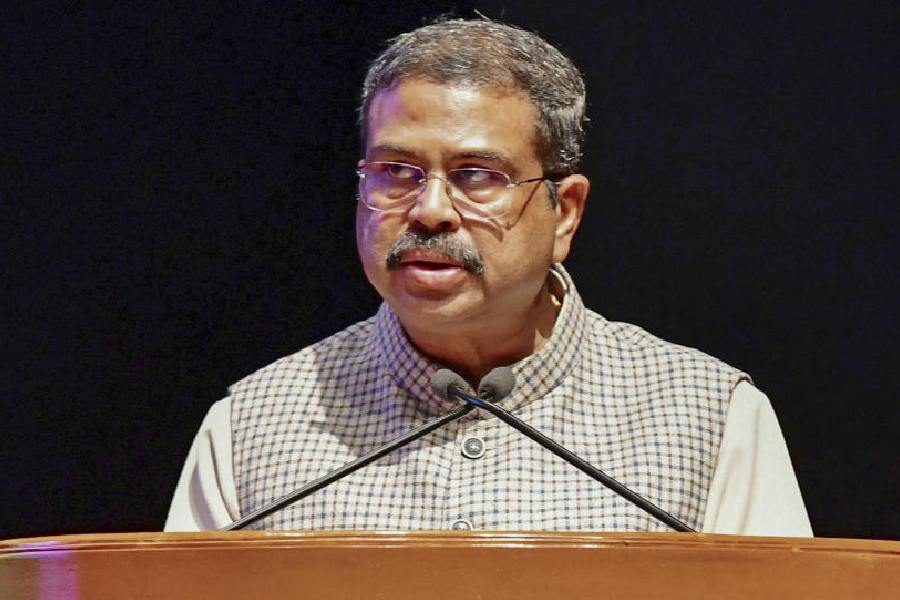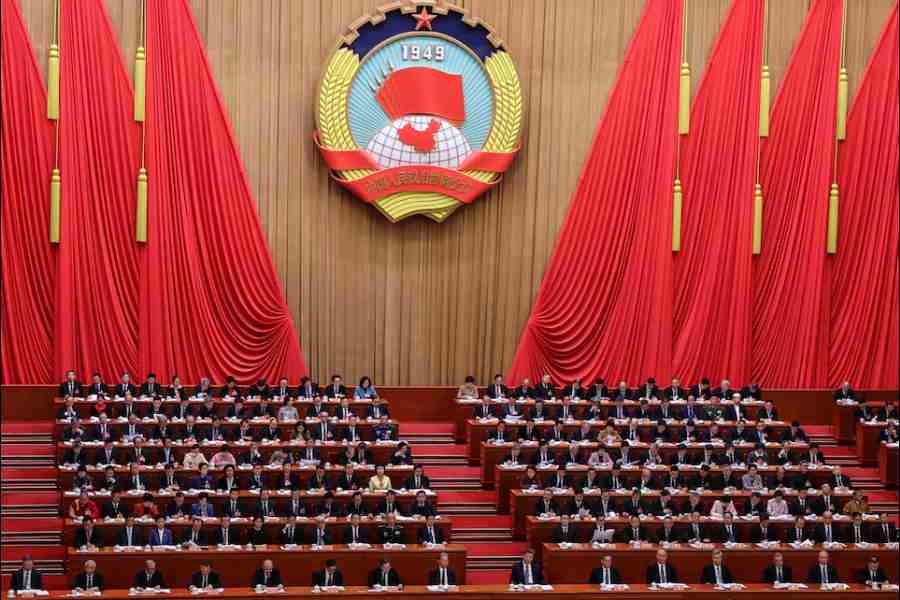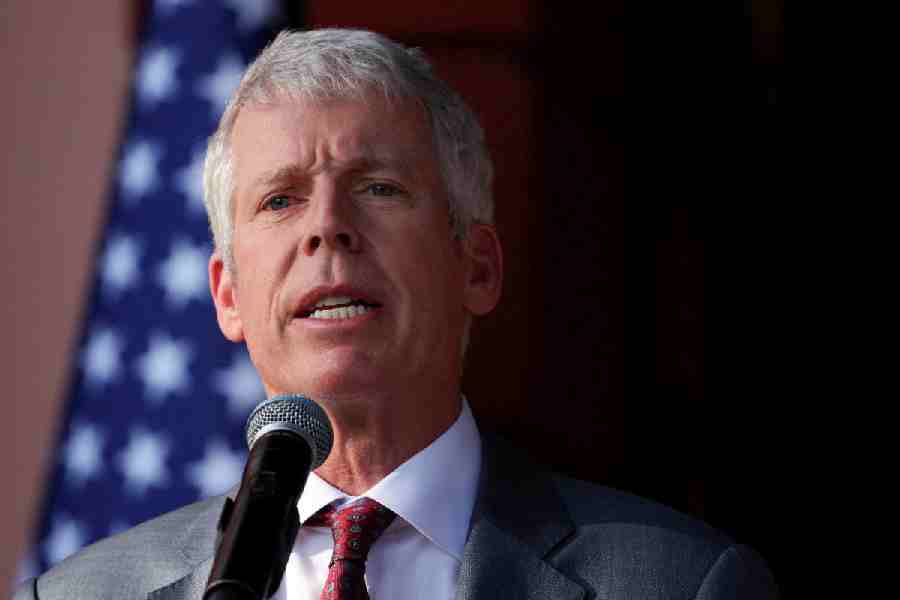More than 16 years after terrorists from Pakistan ravaged Mumbai, killing more than 150 people in a deadly three-day assault, India has managed to gain custody of Tahawwur Rana, a man accused by investigative agencies of helping plan the November 26, 2008 attack. Mr Rana, a Canadian doctor who once served in the Pakistani army, was extradited by the United States of America to India after a years-long diplomatic effort by New Delhi. He will now undergo trial in India on charges ranging from murder and forgery to attempts at waging war: if convicted, he could face the death penalty. For a nation that has long sought justice for the horrors of the Mumbai attack, the extradition of Mr Rana could be a step towards possible closure. The development also sends important messages to Pakistan and to the terrorist groups that plot against India, while also offering lessons to New Delhi. In the aftermath of the 2008 attacks, and after subsequent terror strikes on Indian soil under the prime ministers, Manmohan Singh and Narendra Modi, New Delhi had sought cooperation from Pakistan in holding the perpetrators to account. Pakistan has in every case stonewalled serious efforts to punish the masterminds who have unleashed terror in India. The extradition of Mr Rana sends the signal that India will not give up and, despite Pakistan’s recalcitrance, can succeed in getting its hands on individuals it has identified as the brains behind terrorist attacks.
Mr Rana’s extradition to India also raises the nation’s security stature in a region where it faces multiple threats from a range of State and non-State actors. Moreover, in this instance, it demonstrates the bipartisan nature of the security cooperation between India and the US: the Joe Biden administration supported Mr Rana’s extradition, which finally happened under President Donald Trump. India’s success underlines the power of quiet and painstaking diplomacy over macho hit jobs that India is accused of having carried out or planned in Canada and in the US in recent years against Khalistani separatists. The alleged attempts at extrajudicial killings embarrassed Indian intelligence agencies and landed New Delhi in a diplomatic mess with the very friends it needs to punish alleged terrorists, as Mr Rana’s extradition underscores. Now, India must ensure that Mr Rana receives a trial that is fair and is seen as fair. That will highlight the difference between India and those who seek to undermine it as well as strengthen India’s case when it seeks similar extraditions of other enemies hiding around the world.

